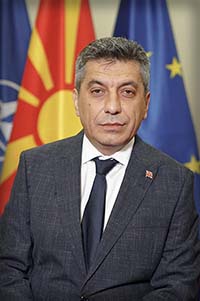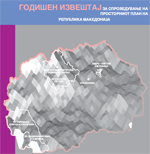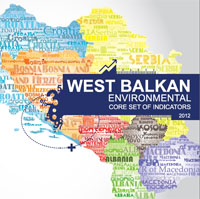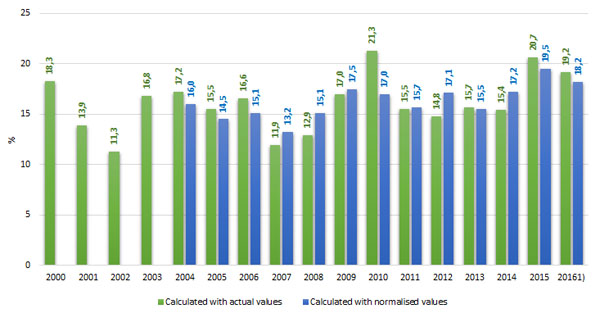| SHARE OF RENEWABLE ENERGY IN GROSS FINAL ENERGY CONSUMPTION |
The share of renewable energy in the gross final energy consumption is the ratio between gross final energy consumption from renewable energy sources and the gross final energy consumption from all types of fuels.
The gross final energy consumption from all types of fuels is the sum of the final energy consumption, electricity and heat consumption in the process of production in electricity and heat production sectors, as well as losses of heat and electricity in transmission and distribution.
Calculations of the indicator with normalized values in the gross final electricity consumption use pondered values of electricity generated in hydro power plants in order to balance the effects of climate change.
- percentage
Has the share of reneable energy in the gross final energy consumption been growing and what is the progress towards the share targets of 23.9% by 2020?
Calculated by normalized values, the share of reneable energy in the gross final energy consumptionin 2016was 18.2% and approaching the set target of 23.9% in 2020. In 2016compared to 2009which was taken as baseline year for target monitoring, there was significant increase of2.9%.
Figure 1. Share of renewable energy in gross final energy consumption (%)
Data coverage: excel
Source: State Statistical Office, http://www.stat.gov.mk/Default_en.aspx
The share of reneable energy in the gross final energy consumptionduring the analyzed period had variable trend of growth and fall. Calculated by normalized values, the share in 2014 was 19.6% and noting a trend of constant growth in the share of reneable energy.
The increase in the share of reneable energy in the gross final energy consumption has resulted from the newly constructed facilities for energy generation from renewable energy sources (construction of wind farm, photovoltaic plants, small hydro power plants, etc.) owing to the favourable national energy policy.
- Methodology for the indicator calculation
Statistical methodology for calculation:
- Regulation on energy statistics of the European Parliament and of the Council (Regulation no.1099/2008).
- “Energy Statistics Methodology Eurostat F4, 1998″
- Strategy for Energy Efficiency Promotion in the Republic of Macedonia by 2020[1]
- Strategy for Energy Development in the Republic of Maceodnia by 2030[2]
- Strategy for Renewable Energy Sources Utilization in the Republic of Macedonia by 2020[3]
Legal grounds
Law on Energy; Energy Balance of the Republic of Macedonia – annual planning document defining the demands for energy and the possibility for their supply.
Increased share of renewable energy sources to a level higher than 20% of the total final energy consumption by 2020 compared to 2006.2
[2]http://www.build.mk/docs/users/cloverstack/Strategija%20za%20razvoj%20na%20energetikata%202008-2020%20so%20vizija%20do%202030.pdf- Eurostat, ECE/UN and IEA/OECD.
| Code | Title of the indicator | Compliance with CSI/ЕЕА or other indicators | Classification by DPSIR | Type | Linkage with area | Frequency of publication | |
| MKNI 060 | Share of renewable energy in gross final energy consumption | CSI 048
ENER 028 |
Share of renewable energy in gross final energy consumption | D | A | energy | annualy |






































































